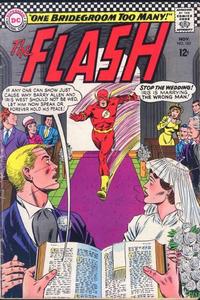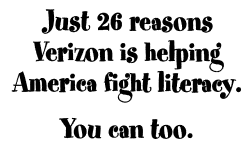 Over the past few weeks I’ve been going through the Silver Age Flash series, cataloging character appearances. I’m almost done – only 25 issues left – but it reminded me of something:
Over the past few weeks I’ve been going through the Silver Age Flash series, cataloging character appearances. I’m almost done – only 25 issues left – but it reminded me of something:
Why is it that super-hero weddings are almost always interrupted by super-villains – even when the hero’s identity is secret?
Is it just that readers expect a story with some sort of fight in it, and if it’s just a wedding they’ll be disappointed?
Consider these examples:
- Flash II (Barry Allen) and Iris West: the wedding is interrupted when Professor Zoom disguises himself as the groom, and the Flash has to get rid of him and then make it to the wedding himself.
- Flash II (Barry Allen) and Fiona Webb (after Iris’ death): Zoom returns, Flash spends the whole day chasing him around the globe, and eventually Fiona gives up and runs out of the chapel, just in time for Zoom to try to kill her. (Flash stops him with a last-second choke-hold which breaks his neck, leading to a manslaughter trial, the disappearance of Barry Allen, and finally the cancellation of the series.)
- Flash III (Wally West) and Linda Park: at the moment the rings are exchanged, Abra Kadabra kidnaps Linda, sends everyone home, and casts a massive forget spell, erasing all memory and records of her back to the point she met Wally. Eventually she escapes, Kadabra is tricked into reversing the spell, and they hold a new wedding – 18 issues later.
And it’s not just the main characters who get this treatment: Continue reading
